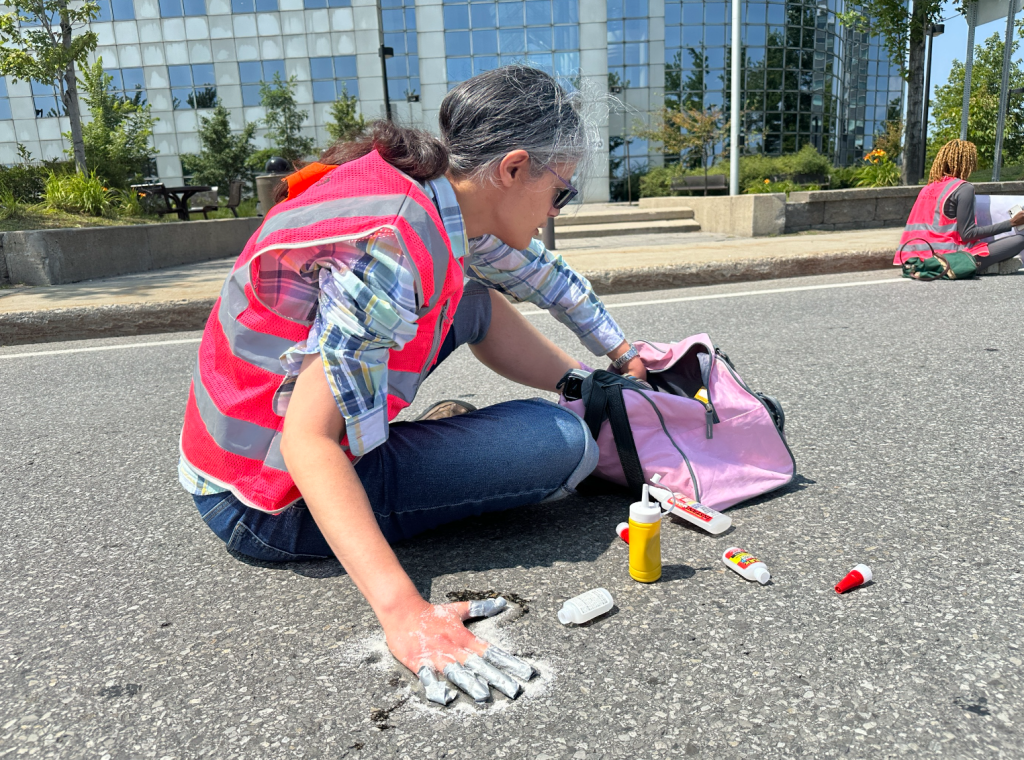Celebrating diversity through ‘Multicultural Artistry in Montreal’
Posted March 18, 2024 9:36 pm.
Last Updated March 18, 2024 11:23 pm.
The Multicultural and Diversity Project is launching a new initiative called “Multicultural Artistry in Montreal” at Montreal’s Segal Centre on March 23.
Founded by Kidel Reid and funded by Canadian Heritage, the documentary series spotlights steelpan musician Fatima Wilson, along with nine other English-speaking entrepreneurs in the city, as they transcend barriers and share their experiences navigating the Quebec arts and culture scene.
“There’s many cultures to be represented in Quebec and we want to make that note,” said project founder and executive director, Reid.
He added: “We want our community to be inclusive. We want to understand that we’re a diverse nation and we want that to be respected and represented.”
The organization’s goal is to provide Quebec’s BIPOC communities with the necessary tools to combat both racial and discriminatory barriers, with the latest project focusing particularly on language barriers.
“There’s a lot of Anglophone artists in Quebec that don’t get their due,” explained Reid, adding “as one person said to me, [artists] don’t necessarily want the award nowadays. They want the reward because they’ve worked so diligently throughout their life.”
Working around the Quebec language landscape is one thing, English Montreal School Board coordinator Fatima Wilson knows well. Wilson says her mother and father immigrated from Trinidad in the 1970s with a simple artistic vision.
“There are still people that are not aware that we have steelpan in Montreal. […] For my father – who started the steelpan program in the schools 33 years ago – it was like […] we have to let it be known,” Wilson told CityNews.
She says she’s embraced her language experiences as opportunities to grow and encourages all to do the same.
“I have requests for performances and I’m like, ‘Oh my God, it’s more French based. Am I good enough? Am I gonna, I’m gonna stumble on my words?’ […] But the majority of the time they see the effort and I appreciate the feedback.”
For Reid, it comes down to creating a bridge. “We want to have communication amongst the masses. […] I think it’s very important for Quebec to do so, especially with the language barriers that are being created. […] This is how you bring people together,” he explained.



